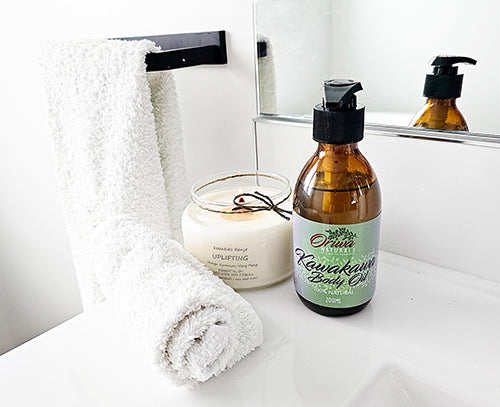Introduction
When it comes to personal hygiene, choosing the right soap is crucial. However, there are several misconceptions about bar soap and liquid soap that need to be cleared up. In this article, we'll debunk five common myths surrounding these two soap types, providing you with the facts you need to make an informed decision about what's best for your skin and the environment.
Myth 1: Bar soaps are less hygienic than liquid soaps
False. One of the most persistent myths is that bar soaps spread germs from one user to the next. However, a significant 1988 study discovered that even when heavily contaminated with contaminants like E. coli in a controlled laboratory environment, bar soap did not transfer detectable germs to the skin. On the other hand, liquid soap users can inadvertently transfer germs through the pump mechanism, especially if hands aren't washed thoroughly. This could lead to bacterial or viral infections.
Myth 2: Liquid soaps are gentler on the skin than bar soaps
False. Liquid soaps often contain synthetic detergents, chemical ingredients, and undisclosed combinations of synthetic fragrances. Some of these fragrances have been associated with respiratory issues. Liquid soaps also use chemicals to create foam, which can strip the skin of natural oils, leading to skin problems like eczema, redness, itching, and psoriasis. Additionally, many liquid soaps contain petroleum-based ingredients linked to various health concerns. In contrast, our Soap/Shampoo bars, enriched with hydrating, antibacterial coconut oil, extra virgin olive oil, and sweet almond oil, are gentle and allergy-friendly for sensitive skin.
Myth 3: Bar soaps harm the environment as much as liquid soaps when you buy refills
Definitely false. With the planet facing a plastic crisis, it's essential to make eco-conscious choices. Liquid soaps contribute to plastic pollution through their packaging, which is often non-recycled and resource-intensive. Additionally, the carbon footprint of liquid soaps is significantly higher due to their energy-intensive production and transportation. In contrast, our bar soaps come in recyclable and compostable cotton muslin bags, and they last longer, providing better value for money while being more environmentally friendly.
Myth 4: Bar soaps get messy
False. Bar soaps lather effectively without creating excessive mess. Our soaps come with a convenient muslin bag that can be placed on a shower tray to prevent any potential mess. It's that simple!
Myth 5: Natural soap doesn't lather well
Surprise, surprise, false again! Natural soaps made with ingredients like coconut oil, sweet almond oil, and extra virgin olive oil produce a rich and creamy lather that cleanses and moisturizes the skin effectively. On the other hand, many liquid soaps contain chemicals like diethanolamine (DEA), which can have harmful effects on various bodily systems. They also rely on chemical lathering agents like SLS and SLES, which strip the skin of its natural protective barrier.
Conclusion
In conclusion, the choice between bar soap and liquid soap shouldn't be clouded by common myths. Bar soaps are hygienic, gentle on the skin, environmentally friendly, mess-free, and they lather just as well as their liquid counterparts. Whether you prefer bar or liquid soap, make your decision based on the facts and your personal preferences. And remember, no athlete's foot with bar soap – it's effective and reliable for all your cleansing needs.
Oriwa Naturals Soap is also a Shampoo/Conditioner Bar as well - 3 in 1. Gentle on the hair, lathers well, and leaves your hair beautiful.


